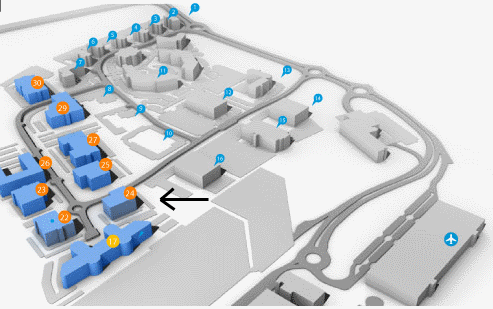Current Size: 100%
Associations between method of detection, clinical and socio-demographic factors and psychological well-being among prostate cancer survivors
Associations between method of detection, clinical and socio-demographic factors and psychological wellbeing among prostate cancer survivors
Introduction: Rising incidence and survival mean that more men are living longer with prostate cancer (PCa). This makes it important to understand how PCa impacts on survivors’ wellbeing. Information on long-term psychological wellbeing is lacking.
Methods: A postal questionnaire was administered in 2012 to 6,937 PCa (ICD10 C61) survivors 1.5-15 years post-diagnosis, identified through population-based cancer registries in the Republic of Ireland (RoI) and Northern Ireland (NI). Men were “screen-detected” if asymptomatic, diagnosed via PSA testing and “symptomatic” if they reported symptoms at diagnosis. Psychological well-being was assessed using DASS-21. Associations between method of diagnosis, clinical and socio-demographic factors and depression, anxiety and stress were investigated using logistic regression. This preliminary analysis includes 1,402 respondents.
Results: Questionnaire response was 58%. 56% of respondents were screen-detected, 44% were symptomatic. Depression, anxiety and stress were present in: 19%, 14%, 25%, respectively. In adjusted analysis, risk of depression was increased in those who were unmarried (1.80 95%CI 1.13, 2.87) and had co-morbidities (1.57 95%CI 1.07, 2.28); and halved in survivors without current incontinence (0.57 95%CI 0.37, 0.87) or fatigue (0.58 95%CI 0.38, 0.90). Similar associations were found for anxiety and stress, however, men treated with radiotherapy had increased risk of stress (OR 1.80 95%CI 1.26, 2.57) than those not treated with radiotherapy.
Conclusion: Prevalence of stress and depression were high among PCa survivors. Method of diagnosis was not associated adverse psychological outcomes. However, men with persistent incontinence and fatigue had significantly increased risk of depression, anxiety and stress. If confirmed, these findings provide a rationale for initiatives to improve the psychological wellbeing of PCa survivors.





